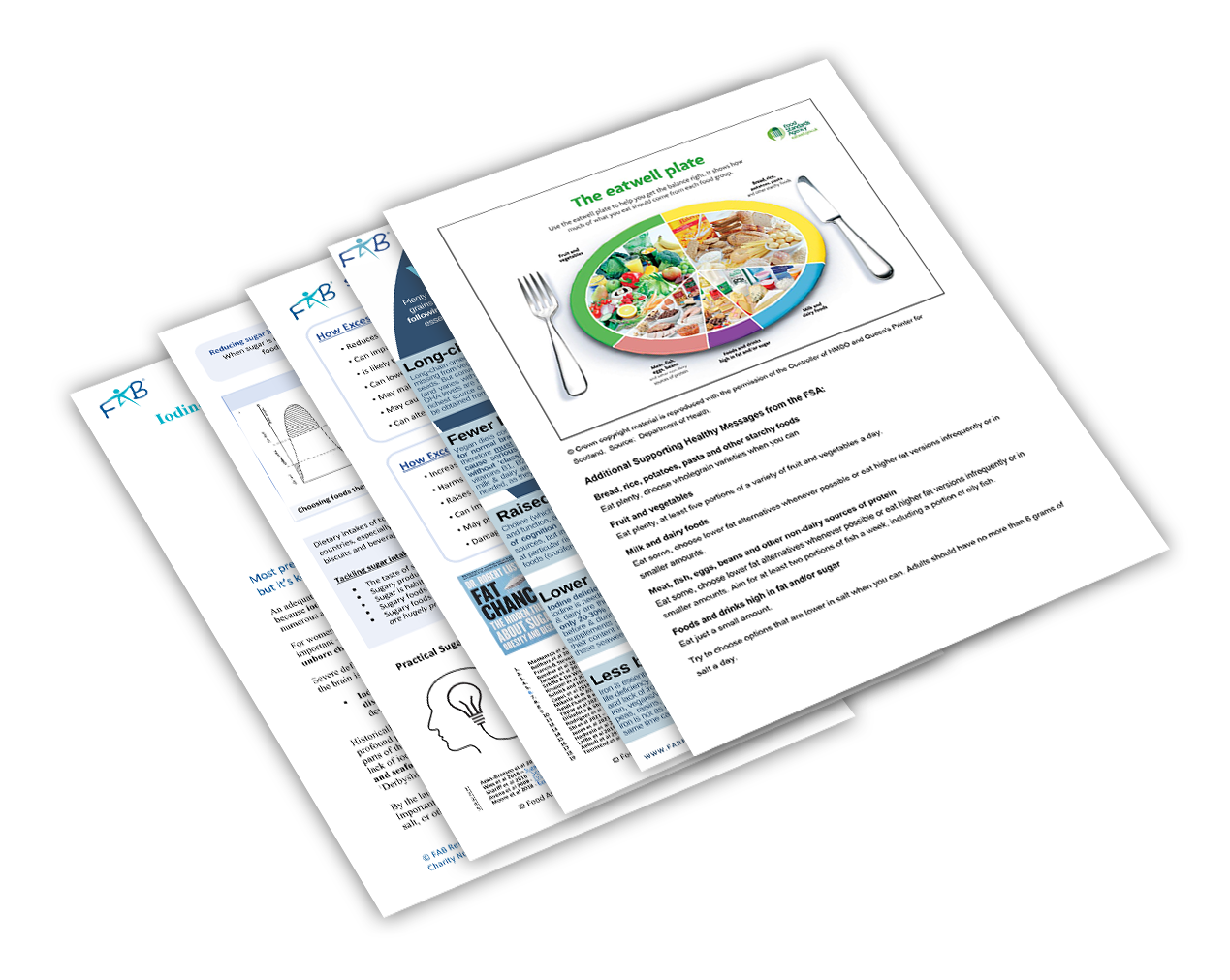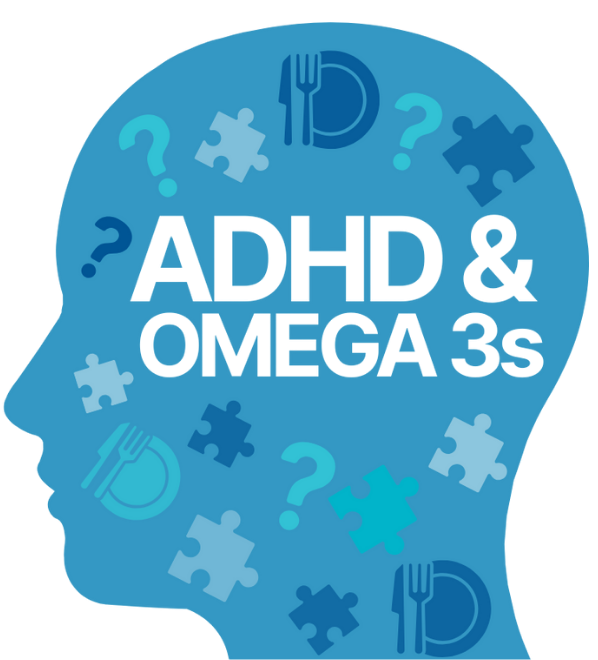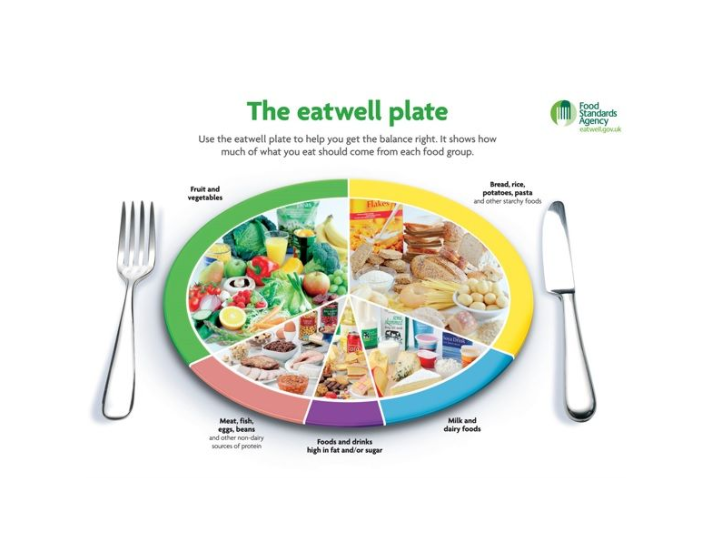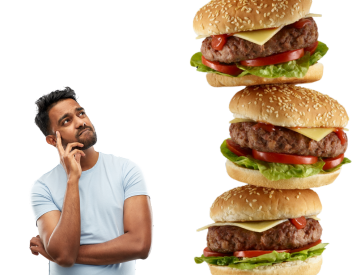Receive exclusive content, promotions, news and events to your mailbox.
The Madness of Adam and Eve: How Schizophrenia Shaped Humanity
Schizophrenia is the only illness to be found in equal measure in all racial groups, pointing to the fact that the disease must have been present at the dawn of mankind before the races diversified and spread from Africa throughout Eurasia and Australasia.
The book aims to reveal how the genetic legacy of schizophrenia is at the heart of the best and worst of human achievement.

A hundred thousand years ago we became human. A species of clever ape, which had developed with glacial slowness over a period of three million years, abruptly became something different. Technical, religious, artistic, musical, political, military and criminal abilities emerged and exploded. Rapid changes and murderous brilliance became the predominant features of our world. How did this happen?
The first modern humans originated in Africa. From there they migrated over the whole of Eurasia and Australasia. These first humans carried with them the genetic basis of schizophrenia, the only major illness found to the same extent in all racial groups. This universal distribution shows that the disease must have been present before the races separated.
Modern evidence shows that families where schizophrenia is present are also exceptionally creative in many different fields. Albert Einstein and James Joyce each had a schizophrenic child. Families with schizophrenia also have more dyslexic and manic-depressive members, more sociopaths and criminals, but also more high achievers in every field, including music, religion, the arts and science.
In this radical book David Horrobin draws on his knowledge of medicine, of evolution, of psychiatry, of Africa and of nutrition to generate a startling hypothesis: we are human because some of us are schizophrenic and because a 'touch of schizophrenia' is associated with exceptional skills of many sorts, both good and evil, and with that creativity which defines us and separates us from our nearest primate relatives. His own research, extending this concept, strongly suggests that an effective treatment for schizophrenia, using specific nutrients, may be within our reach. This remarkable theory not only addresses the deepest issues of humanity, but also has the potential to be world-changing in practice, not at some distant future date but within the next decade.
About the Author
David Horrobin was a scholar of Balliol College, Oxford, where he obtained the top First Class Honours medical degree of his year. To this he added a clinical medical degree and a doctorate in neuroscience.
He has founded two biotech companies. Laxdale, the company he currently runs, specializes in developing new drugs for psychiatric and neurological disorders. He is the founding editor of Medical Hypothesis, which for almost thirty years has been the leading journal for the presentation of new ideas in medicine.
He is the author of over 500 scientific papers. David Horrobin lives in Scotland.
Get the latest insights in nutrition and brain health
More articles











